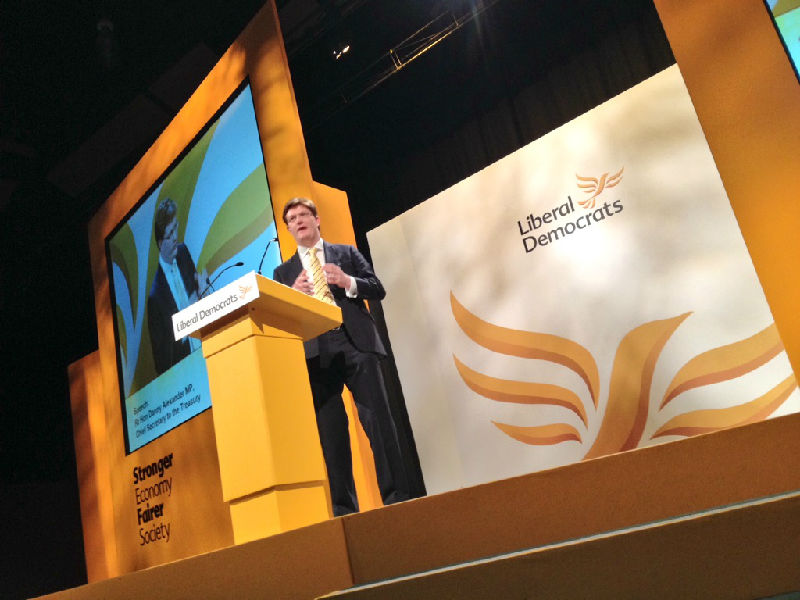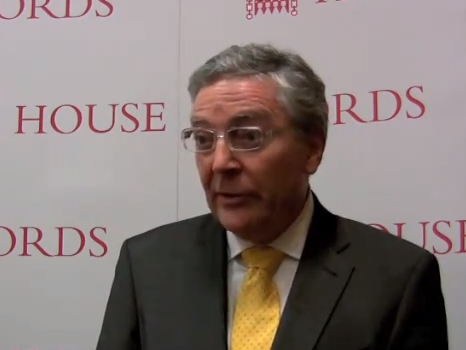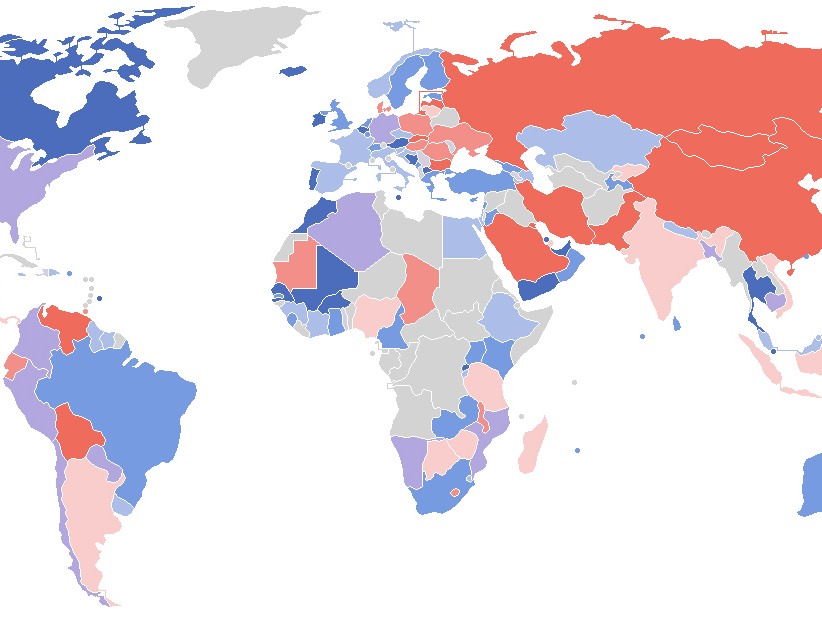Martha Lane Fox until recently the Government’s UK Digital Champion initiated a wide ranging debate that has been widely reported.
http://diginomica.com/2014/01/17/kind-world-wide-web-want/
http://www.bbc.co.uk/news/uk-politics-25757175
Here is my contribution which focuses on the ethical standards we need in the future.
I too congratulate B Lane Fox not only for opening this debate in such an inspiring way but in so successfully carrying out her role as the Government’s UK Digital Champion
The use of the internet in the UK climbs inexorably.
We celebrated the universality of the web at the Olympic opening Ceremony with Sir Tim Berners Lee tweeting “This is for everyone”, which was instantly spelled out in lights attached to the tablets on the chairs of the 80,000 people in the audience.
And I absolutely share the N Baroness’s concern to ensure that no one is excluded.
Having come to the Web myself some 20 years ago standing here with my iPad with all its apps I still find the speed of developments since I first used the Netscape browser quite extraordinary.
Sir Tim and the early pioneers of the web deserve huge recognition for their setting of the open and neutral standards which ensured the growth of the WWW.
The fact is however that the development of ethical safeguards and standards now needs to evolve at the same pace as the range of applications.
The web is not some kind of foreign country where ordinary rules of conduct don’t apply. We need an alignment of online and offline rights and protections.
Freedom of expression is a vital principal that needs to upheld both online and offline but this needs to be balanced with rights of privacy.
One Commentator has said that Silicone Valley appears to regard privacy as a “marketable commodity”. Government through through what we now know about its access to the PRISM programme appears to have a similar view. It is vital that we have maximum control over our own metadata.
The UK’s ranking in the the WWW Foundation’s Web Index is reduced by concerns over its attitude to privacy rights. I hope that Communications Data bill will not Essay Writing Services resurface in its previous form. So I welcome the campaign – the Web We Want and the statement of 19th December coordinated by the Foundation.
I also welcome the recognition by the PM and the S of S for CMS of the need for adequate filtering to protect young people from online abuse But as was discussed in this House only recently with Lady Howe’s online Safety Bill shouldn’t we be making filtering compulsory? Is it enough simply to leave it up to parents to make the choice about appropriate safety features?
There is concern about the content of online music videos highlighted among others by Reg Bailey in his review into the Commercialisation and Sexualisation of Children
The currently proposed amendment to the Video Recordings Act designed to ensure that content which is presently exempt from classification, but unsuitable and potentially harmful for younger children, will in future require BBFC classification but it only covers hard copy video works.
Shouldn’t online music videos containing sexual or explicit content should be subject to the same age ratings and regulations?
As my Rt hon friend the DPM has advocated we do need better guidance for young people too about the dangers of online pornography
I can also ask my perennial question too my Lords: When can we expect full implementation of the Digital Economy Act 2010 or at the very least an alternative effective remedy to combat online copyright piracy?
18th July 2015
Lord C-J debates the future of the BBC
28th February 2015
Reduce The Maximum Stake on FOBTs
8th December 2014
Danny Tells the Lib Dems’ Record on the Economy
30th December 2013
Lord C-J checks progress on the Public Health Responsibility deal
24th December 2013






